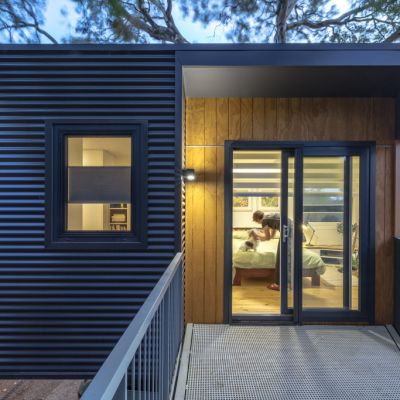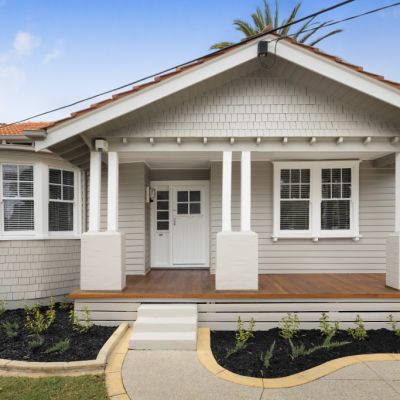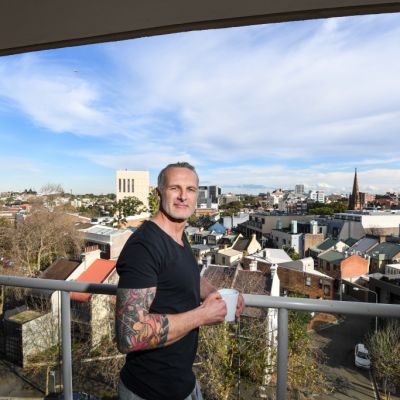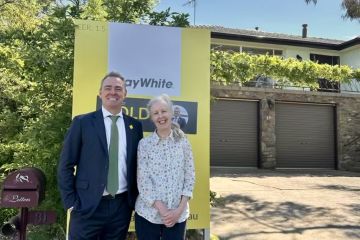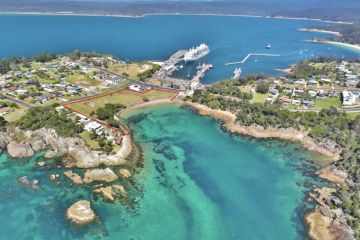Rental crisis: Brisbane and the Gold Coast are Australia's most dire rental markets
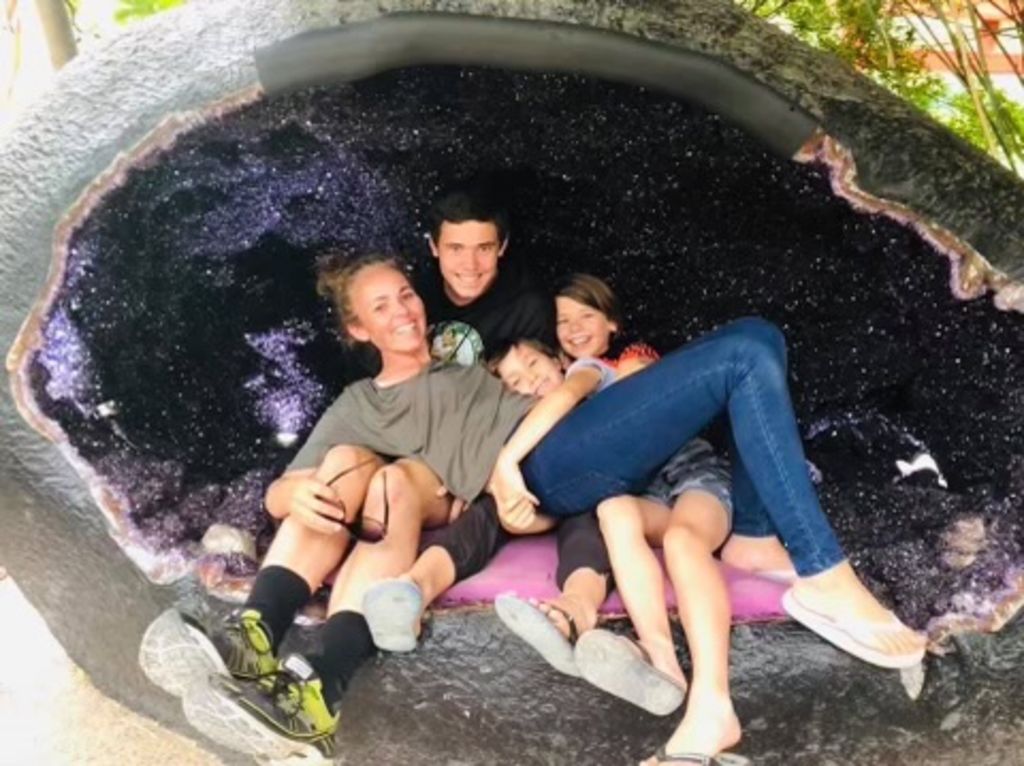
Tamara Winchester and her three sons narrowly avoided homelessness last week, but the trauma of being thrown into Brisbane’s brutal rental market has taken its toll.
The single mum had rented a house in Morningside for over a year, paying $550 a week, when she was given a notice to leave without cause.
Shocked, she raised it with the owner, only to be told that if she wanted to stay, it could only be for three months – and at $700 a week.

It was more than she could pay. “We could’ve paid a little bit more but not that much,” she said. “I expected maybe an extra $50, but this was more than we could afford. Also, it was only a short-term option, with no extensions.”
She tried taking her case to the Queensland Civil and Administrative Tribunal (QCAT) but lost, and her eviction date was set for July 13. The Morningside house was quickly advertised for rent – for $720 a week.
As the deadline loomed, Winchester despaired over the state of the rental market.
“A lot of the people kept saying ‘can you move out to Logan or Springfield’ [in outer Brisbane] because it’s more affordable, but it’s not as simple as that,” she said.
“You build community connections. Our whole lives were there. My sons have been at the local schools since they were young; all their mates are there, it’s where my work is.
“I was in tears begging the owner to reconsider. My kids were upset; I wasn’t sleeping – the anxiety over being homeless was so real. At one point, I felt suicidal.”
Thankfully Winchester was able to secure a property at Mount Gravatt, about a 20-minute drive away, and moved into her new home shortly before last week’s deadline. However, the owners plan to demolish it in 12 months, so Winchester’s tenure at her Mount Gravatt rental is only short-term.
“It’s an extra $110 a week extra on what we were paying before, and I’m having to drive back to the Morningside area every day – and that costs a lot in petrol – but I’m grateful we’ve found somewhere to live for a year,” she said.
“It’s just crazy that there is no legislated cap on rent rises. You can understand 5 to 10 per cent rises, but this much is crazy. The thing is that they have to make sure we can afford the rent before we go into the place – we have to show bank statements – so they know full well what’s affordable for us and what’s not.”
There is little relief in sight for Brisbane tenants, who have endured the steepest rental price rises out of any capital city in the nation over the past year.
House rents surged to a new record high of $520 a week, according to the latest Domain Rent Report, clocking the steepest annual increase on record, at 16.9 per cent.
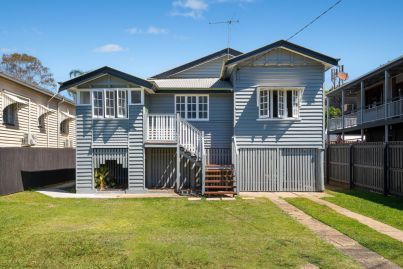

Unit rents jumped 4.7 per cent over the quarter to a new record high of $450 a week – the steepest annual increase since 2009, at 12.5 per cent.
On top of that, the number of potential renters per listing hit a historic level over the June quarter and is 77 per cent higher than the five-year average, the data showed, and the vacancy rate is sitting at just 0.6 per cent.
But the Gold Coast is even worse. Over the past 12 months, the median asking price for a rental house has soared by 21.7 per cent to $730 a week. Units are up by 22.4 per cent, to $600 a week.
That’s more expensive than any capital city, including Sydney.
The Gold Coast has recorded the steepest rent rises of any region in Australia, and the rate of vacant properties is just 0.4 per cent.
Social media is constantly awash with desperate renters pleading for help or asking for spare rooms – on the Gold Coast Community Facebook page, literally hundreds of posts outline situations where the rent has been increased beyond what the tenant can afford to pay. Trying to find a rental has been likened to the Hunger Games.
Gold Coast local Debbie Goodlet has to move for the third time in four years and does not know how she will afford a rental property in today’s market.
Each time she has moved has been due to the property owner deciding to sell.
The 59-year-old is raising her 10-year-old granddaughter and desperately wants to keep her in the community she knows and at the school that she loves.
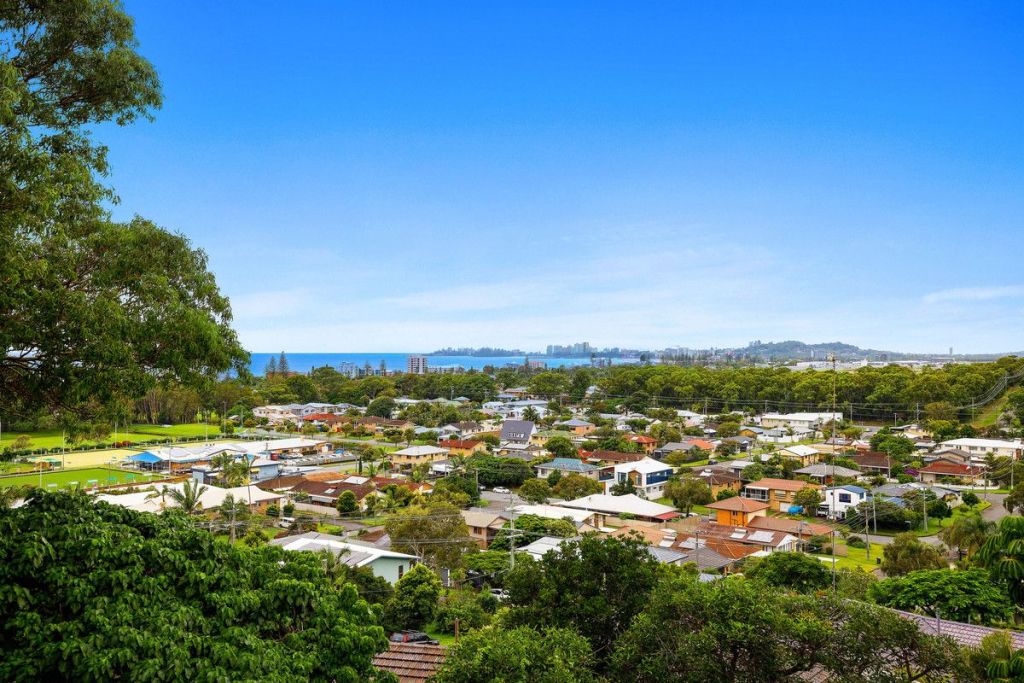
“I am now priced out of the rental market,” she said. “I have exhausted my help from Queensland Housing to get where we have been living, but now we’re on the rental merry-go-round again.”
Goodlet works full-time and receives the family tax benefit, but her maximum budget for rent is $400 a week. At that price, it’s incredibly slim pickings, according to Jess Melling of LJ Hooker Property Hub on the Gold Coast.
“We saw massive demand about eight to 12 months ago – that had a domino effect – and it’s now so difficult for a lot of tenants,” she said.
She said the cost of renting had gone up in line with the value of property prices.
“That property boom has had a knock-on effect. People are buying investment properties with an expectation of what the rental price will achieve,” she said.
The market was still frantic for tenants trying to find an entry-level rental property – now considered to be anything under $700 a week. Melling said: “we’re usually still getting 30 to 40 groups through at every inspection.”
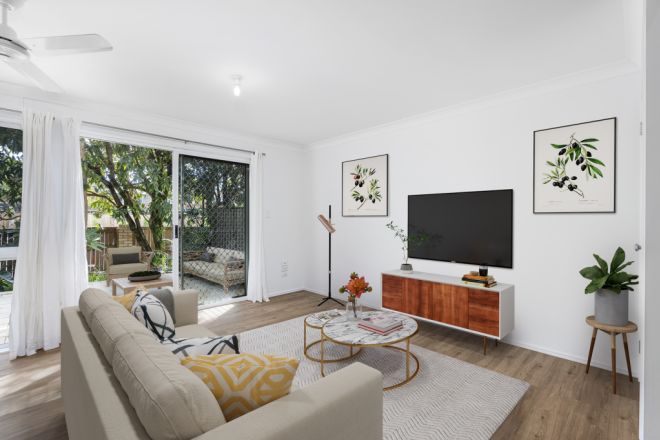
However, she said prices were starting to stabilise and even come back in the higher price brackets.
“We’ve got one property where the owners wanted $2600 a week. Six months ago, they got that – but we warned them they wouldn’t get that price forever. Now it’s being rented out again, but this time at $1800 a week.”
Affordable housing – or Queensland’s lack thereof – was in the spotlight last week when Auditor-General Brendan Worrall released his findings that slammed the Palaszczuk government for not building enough social and affordable housing, keeping an accurate waiting list, or managing existing stock properly.
But a spokesperson for the Brisbane Renters Alliance said social housing was just one facet of the changes needed to lift Australia out of its rental crisis.
“We are seeing large numbers of renters experiencing stressful evictions just so their landlords can substantially increase rents,” the spokesperson said. “We urgently need fundamental reforms to tenancy laws that address the unequal power dynamics between landlords and tenants.
“Two critical ways to redress this power imbalance are through comprehensive restrictions on rent increases and minimum longer-term leases of three years or more. These rental reforms have already been implemented in many European and Scandinavian countries, including France, Sweden, Spain, Germany and Denmark.”
In France, unfurnished properties have a minimum of three-year to six-year leases. If rent increases are over 10 per cent, that must be spread over six years.
Germany restricts rent increases to a maximum of 20 per cent over three years, while Denmark has a system where landlords must not be able to profit from renters and are only allowed to pass on costs incurred by the day-to-day operation of the property.
Domain chief of research and economics Dr Nicola Powell said there were early signs that the Gold Coast’s rate of growth was slowing – but prices would still rise for a while yet.
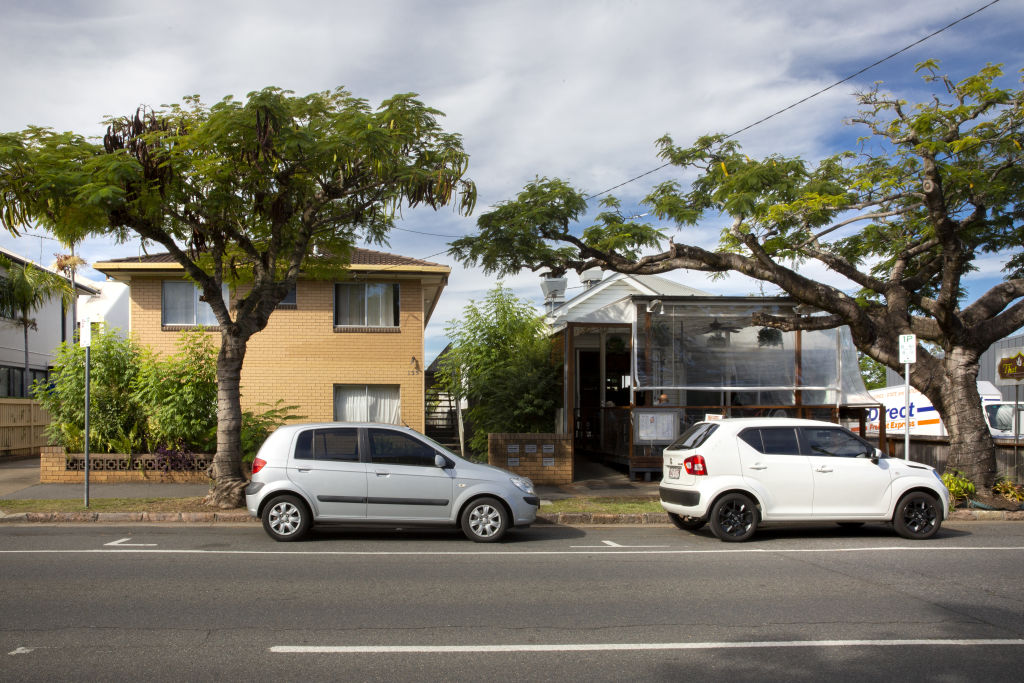
“Rents will still rise on the Gold Coast. With that vacancy rate, rents will keep rising because it’s like a needle in a haystack trying to secure a lease,” she said.
“If you have a lower income household being pushed into an extraordinarily tight rental market, it’s a serious issue for vulnerable Australians: families are living in their cars and caravans.
“We need more social housing because if you don’t have enough social housing, it pushes people into the private rental market and then they’re competing for rentals that don’t exist.”
Powell said a multi-pronged approach was needed.
“Nothing is a quick fix at this point, but longer leases are a no-brainer. There’s a big proportion of our population that rents – and with property ownership so unaffordable, some people will be lifelong renters,” she said.
“We need to be able to offer long-term leasing as part of a fundamental aspect of a rental market like they do in Europe. And there’s something in that for the landlords too – if you’ve got a long-term tenant that gives an investor stability and certainty of what their income is, that’s very valuable.”
Tiger Malan, CEO of Ray White Burleigh Heads, said the issue of rent prices on the Gold Coast would likely worsen before it got better.
“I think it will probably get more competitive than it is now,” he said. “Depending on what side of the fence you’re on, that’s either better or worse for you.”
While some landlords were spooked by the interest rate rises and hiked their rents to help cover the costs, tenants were getting stretched to the absolute limit of what they could manage financially.
“They’re getting hit with $200 or $300 a week rent rises,” he said. “At some point, there’s got to be an affordability threshold, where the market literally can’t afford to pay the rent.
“At the moment, though, that interstate migration effect is still trickling through. There are pros and cons to being somewhere where everyone wants to live.
“People moving from interstate are still willing to pay more than locals. The interstate renters still see the value because they’re moving from Bondi in Sydney, and to them, Gold Coast rents are still reasonable.”
We recommend
States
Capital Cities
Capital Cities - Rentals
Popular Areas
Allhomes
More
